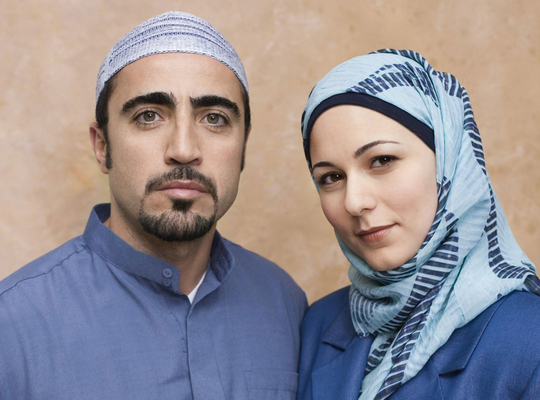You are here
Changed immigration law stricter on migration fraud

From now on foreigners from outside the European Union must wait five years instead of three years for a permanent residence permit within the framework of family reunion. No more expiration date on migration fraud. Asylum seekers can also be body searched during their stay in a closed centre. Meanwhile, three important changes to the immigration law have been approved in Parliament to State Secretary for Asylum and Migration Theo Francken’s credit.
Today, the rules for family reunion for EU citizens are stricter than those for foreigners from so-called third countries. The latter can already receive a permanent residence permit after three years if they meet a number of requirements regarding income, housing and a long-term relationship. Citizens of the European Union must wait five years for such a permit, which according to the Constitutional Court is discrimination. For this reason, the period of five years now extends to everyone.
State Secretary Theo Francken states that this surveillance period is very important in the fight against sham marriages and partnerships, given that actual marriage or family relationship is also subject to investigation. “We know from experience that people sometimes go to great lengths to arrange and pretend a marriage in order to obtain a residence permit. For sham marriages and sham partnerships, the love story is often maintained until the surveillance period of three years has expired. By increasing the period to five years, we make this type of migration fraud more drastic for those involved, and thus less attractive.”
End to expiration
Another important measure is abolishing the expiration date on migration fraud after ten years. “Revoking a fraudulently acquired residence permit could in some cases only take place within ten years after issue. That’s now come to an end: indeed, it has become possible to permanently sanction migration fraud with the loss of the residence permit,” according to Theo Francken.
The design also provides a legal framework for body searches of asylum seekers in detention centres. They can currently only be body searched when they arrive or when they for example return from an embassy, but not during their stay at the centre. This legal framework came at the request of labour unions, with a view to the security of staff in detention centres.

